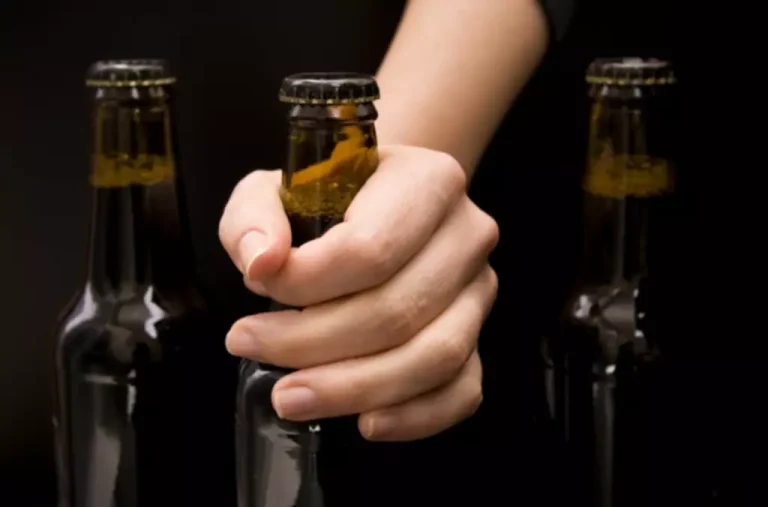
If someone is showing symptoms of severe intoxication—such as slurred speech, trouble walking, or vomiting—it’s time to intervene and help them stop drinking. One of the reasons people enjoy drinking is that it boosts dopamine levels in the brain, leading to feelings of happiness and confidence. In what does being drunk feel like the early stages of drinking, people may feel more social, talkative, and outgoing. Many people are curious about how alcohol affects the body, both physically and emotionally. In this article, we’ll break down the experience of being drunk, how it feels at various stages of intoxication, and the risks that come with alcohol use.
Please Always Remember to Drink Responsibly
- When you drink small amounts of alcohol, you experience a “buzz.” People often feel mildly aroused, excited, and energized.
- Usually a man will start to feel tipsy after consuming 2 to 3 alcoholic drinks in an hour.
- Typically, it can take at least several hours for their BAC to reduce enough for it to be safe to drive.
- The faster alcohol is absorbed into your bloodstream, the higher your BAC, and the longer it’ll take to sober up — especially if you keep drinking.
At the extreme end of intoxication, you might experience a blackout, which occurs when alcohol prevents the brain from forming new memories. A person in a blackout may still appear to be functioning—talking, walking, or even interacting with others—but they won’t remember any of it the next day. At this point, alcohol is impairing both your mental and physical abilities. It’s essential to recognize that, despite feeling in control, your ability to make sound judgments is greatly reduced. However, as you continue to drink, these effects intensify and can lead to more dangerous outcomes. Your liver can only metabolize a certain amount of alcohol per hour, which means excess alcohol circulates in your blood, causing further impairment.
What Are the 5 Stages of Being Drunk?

Some individuals may become more talkative and outgoing, while others may become withdrawn or exhibit erratic behavior. It’s important to recognize and manage these changes responsibly to ensure the safety and well-being of oneself and others. Frequent drinking can lead to long-term psychological effects such as depression, anxiety, and increased risk of developing alcohol dependence. The stages range from sobriety to potential death, with each stage characterized by specific emotional and physical symptoms.

Your tolerance
Encourage them to drink water, offer them food, and ensure they don’t continue to consume alcohol. If they show signs of alcohol poisoning, seek medical help immediately. Usually a man will start to feel tipsy after consuming 2 to 3 alcoholic drinks in an hour.

What Are the Signs of Pancreatitis from Alcohol?

After being absorbed in the gastrointestinal tract, alcohol enters the bloodstream, where it travels to all the organs. It can take anywhere from 15–45 minutes for a person to feel the full effects of an alcoholic drink. You may think that you’re sober once you’re able to walk in a straight line, but that doesn’t mean that you aren’t drunk. Your liver can metabolize about one standard drink per hour, but that doesn’t mean that your buzz will wear off that quickly. How alcohol affects you, how drunk you get, and how long it lasts depends on several factors.
